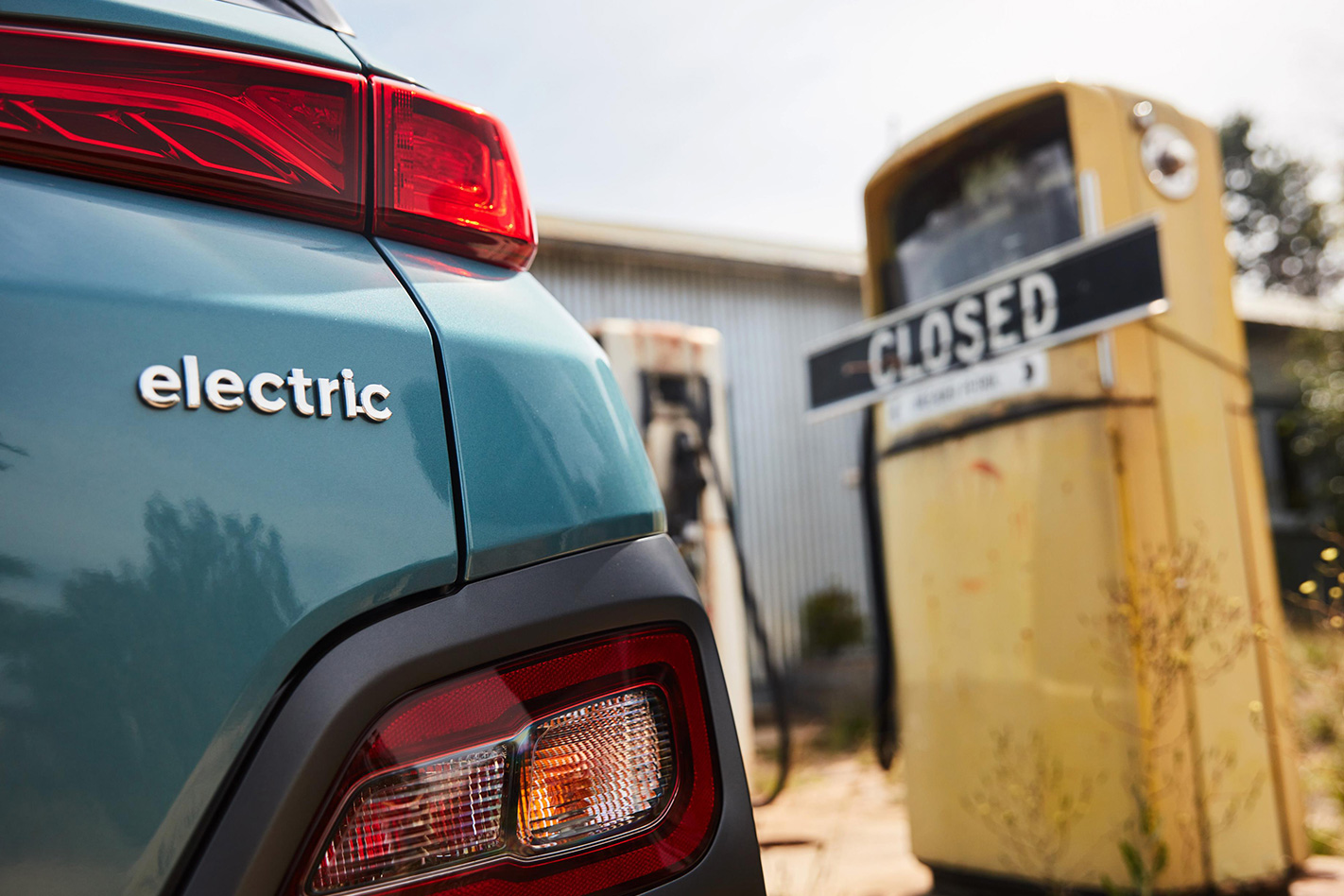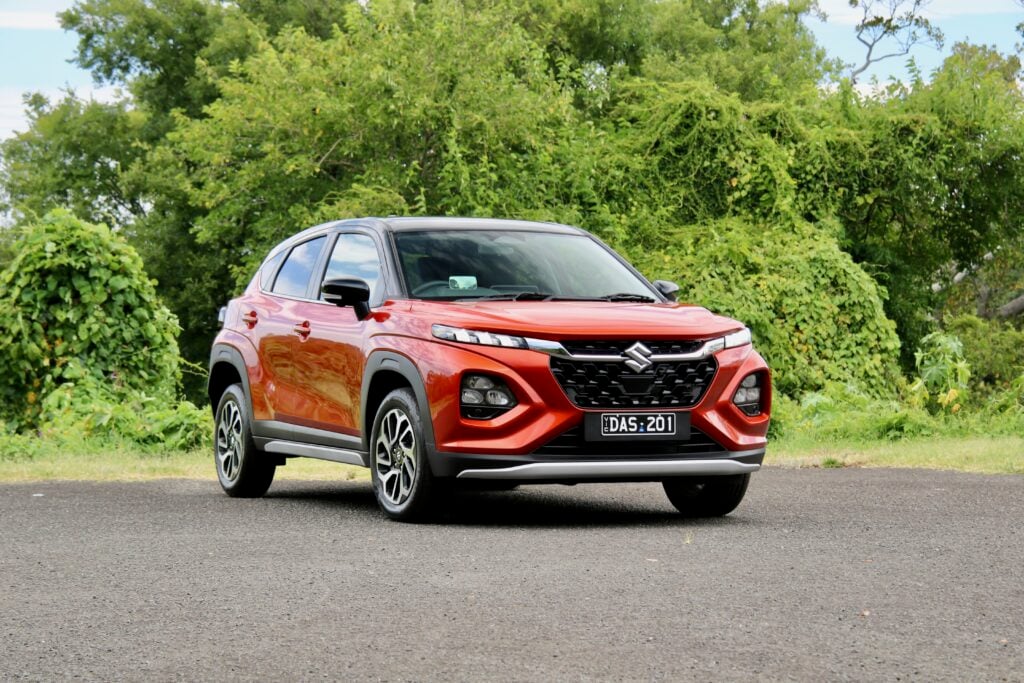Snapshot
- Carmakers excited about changes Labor could bring
- Labor understood to be open to CO2 target
- Regulation would replace voluntary scheme currently in place
Carmakers across Australia have been lobbying their international head offices to get more electric vehicles for our market following the election of the Labor Government last month – but are still calling for a CO2 emissions target to be mandated.
Coming into the Election, the ALP promised a raft of changes should it come to power, including introducing an EV discount by removing the five per cent import tariff and making them exempt from Fringe Benefits Tax (FBT) if priced below the Luxury Car Tax threshold of $84,916.
The $251 million investment, which will impact vehicles not already covered by Free Trade Agreements (such as the British-built Nissan Leaf and Mini Cooper SE) is, in fact, already underway just days after the new administration took office.
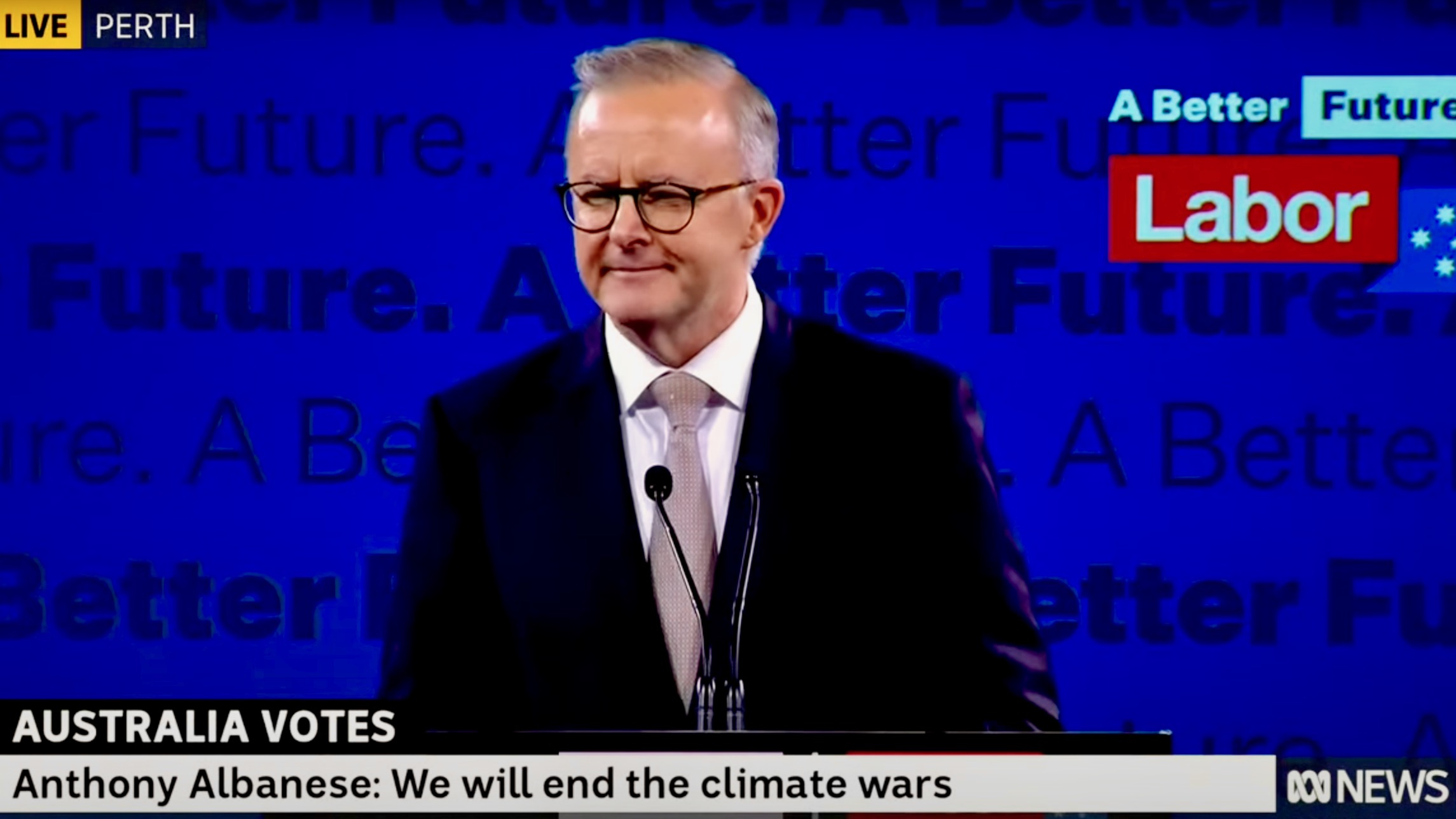
Behyad Jafari, CEO of the Electric Vehicle Council (EVC), told Wheels the EVC is hearing more positive news about the new government, and that carmakers’ conversations with their global head offices, telling them we now have a more EV-friendly administration this time around, are going well.
“We’re already seeing positive outcomes with some bringing their plans forward and seeing Australia being taken more seriously,” Jafari said.
“Of course there’s still a lot left to be done, but we’ve already started speaking with the new Minister, Chris Bowen, to express our opinion it is well past time for a CO2 target. While the new government hasn’t committed to it yet, we are getting a positive response from them – which is in complete contrast to the previous government which was just like talking to a brick wall.
“This is definitely a positive change. The new government is more climate-focused, so are the independents and of course the Greens – it’s all working in our favour at the moment.”
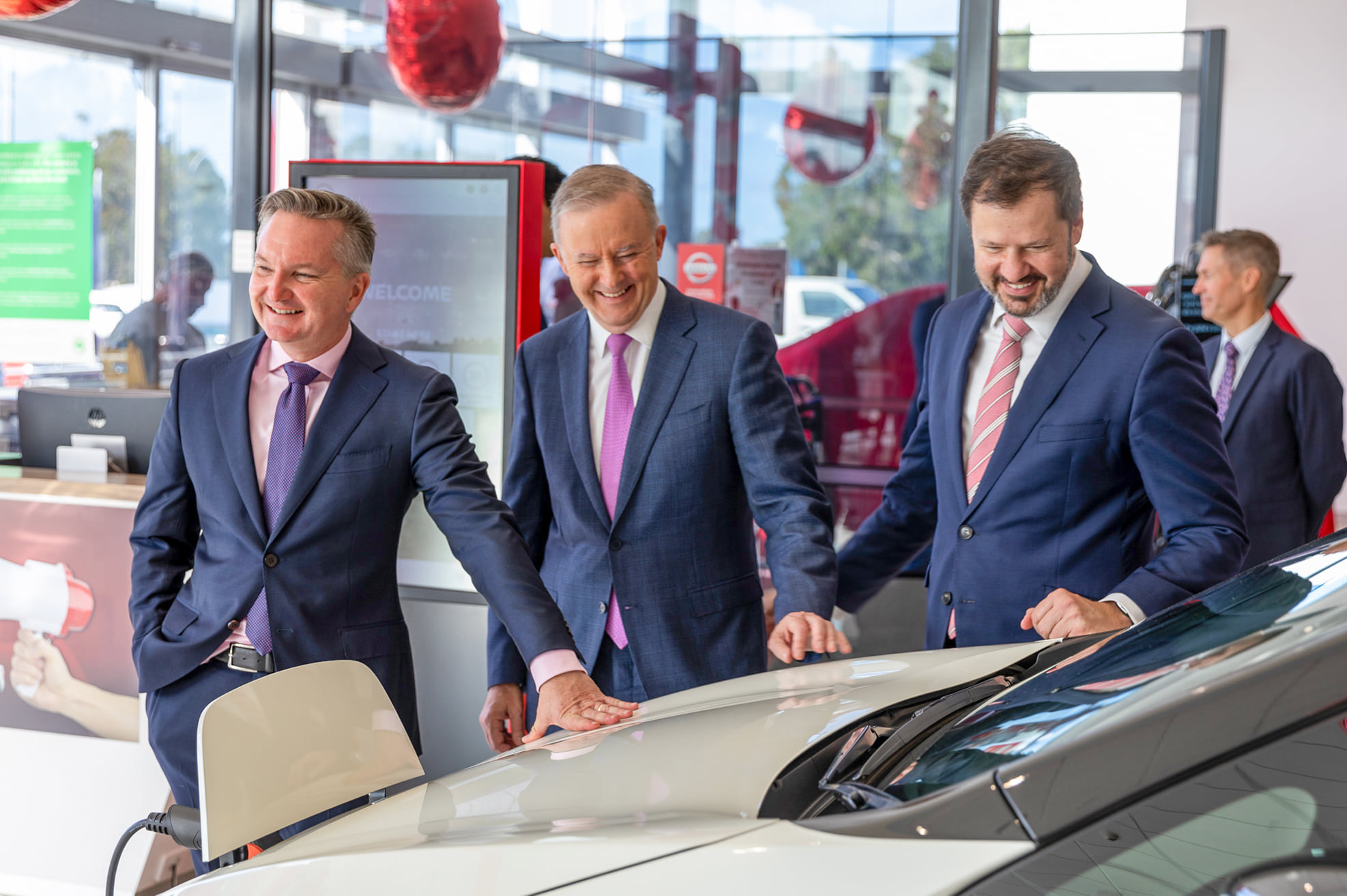
Speaking to Wheels, Kia Australia’s General Manager of Product Planning, Roland Rivero, said that as soon as it became clear Labor was to win the Election, execs rallied to lobby their bosses in Korea to get more EVs for the local market.
“The recent ALP victory has already started the conversations to get as much stock as possible [for Australia],” he told us.
“I don’t think anyone anticipated a landslide victory, but by the Saturday evening you knew it was coming’. First thing on that Monday morning, the whole senior management team was called in and were told we’ve got to put a lot more emphasis and focus on our green car plan, including the marketing, after sales, the network development – everything. We’ve got to push our EV story more than we ever have done in the past and convince HQ we need to get a little more help in terms of stock.
“The state-by-state approach was a bit piecemeal, and if there is, on a federal level, a greater stance that affects the whole country it is heading in the right direction. Sure we still need a little bit more, and on top of the promises Albo has given us would be a mandated CO2 regulation.
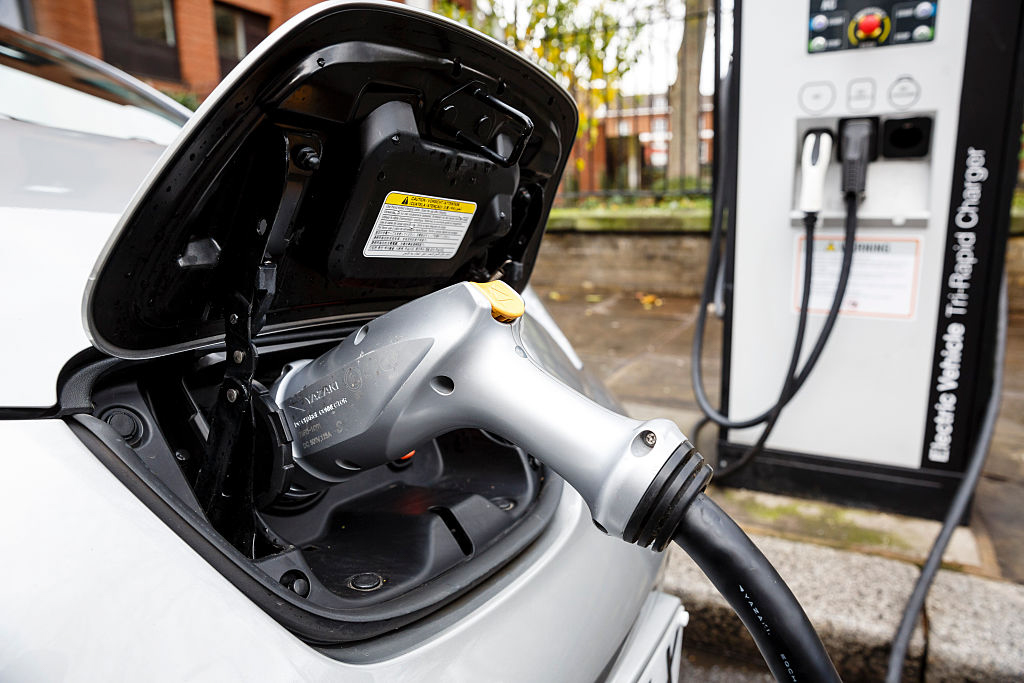
“Labor is heading in right direction, and we’re not against what has been proposed so far with the improved infrastructure plans and FBT changes, but we don’t benefit so much on the tariff side of things because there is already a free-trade agreement with Korea. Still though, the the FBT side of things is still a good incentive for people to consider if they have a car as part of salary package or novated lease.”
“My personal view is that I’d like to see that [a CO2 target] become part of the Government’s strategy in regards to future plans on EVs,” Damien Meredith, Kia’s Chief Operating Officer, added. “Last time around, the expectation was 50 per cent of the new car market to be made up of non-ICE vehicles by 2030 and that was pretty ambitious – but if it helps, and I think it would, then yes let’s make it part of policy. Kia has the right products in the pipeline to accommodate that in the long term.
“We’re really excited about the transition from ICE to EV, it’s an amazing time for all of us to be involved in the industry.”

Volkswagen Australia also echoed Kia’s sentiments, backing the need for a mandated CO2 target after having long been outspoken on the former Coalition Government’s inaction on the issue because it has acted as a barrier to the company being able to bring in its best technology.
“As VGA has said repeatedly, the single most important switch that can be flicked in terms of compelling our factories to supply us with EVs is the mandating of a national CO2 target,” a spokesperson said.
“The signs are positive. In most developed countries there are drastic financial penalties for failing to meet targets. A uniform national EV scheme is of the essence. Also of necessity is the removal of the tariff attached to each and every Europe-sourced car. The long delayed free trade agreement with the European Union will create a level playing field.”
Ford Australia agreed, saying “work is already underway to bring lower-emitting vehicles to our shores” with the recent addition of the Escape PHEV and upcoming E-Transit and E-Transit Custom vans. The carmaker also revealed it will have “more to say on the other [electric] vehicles soon”.
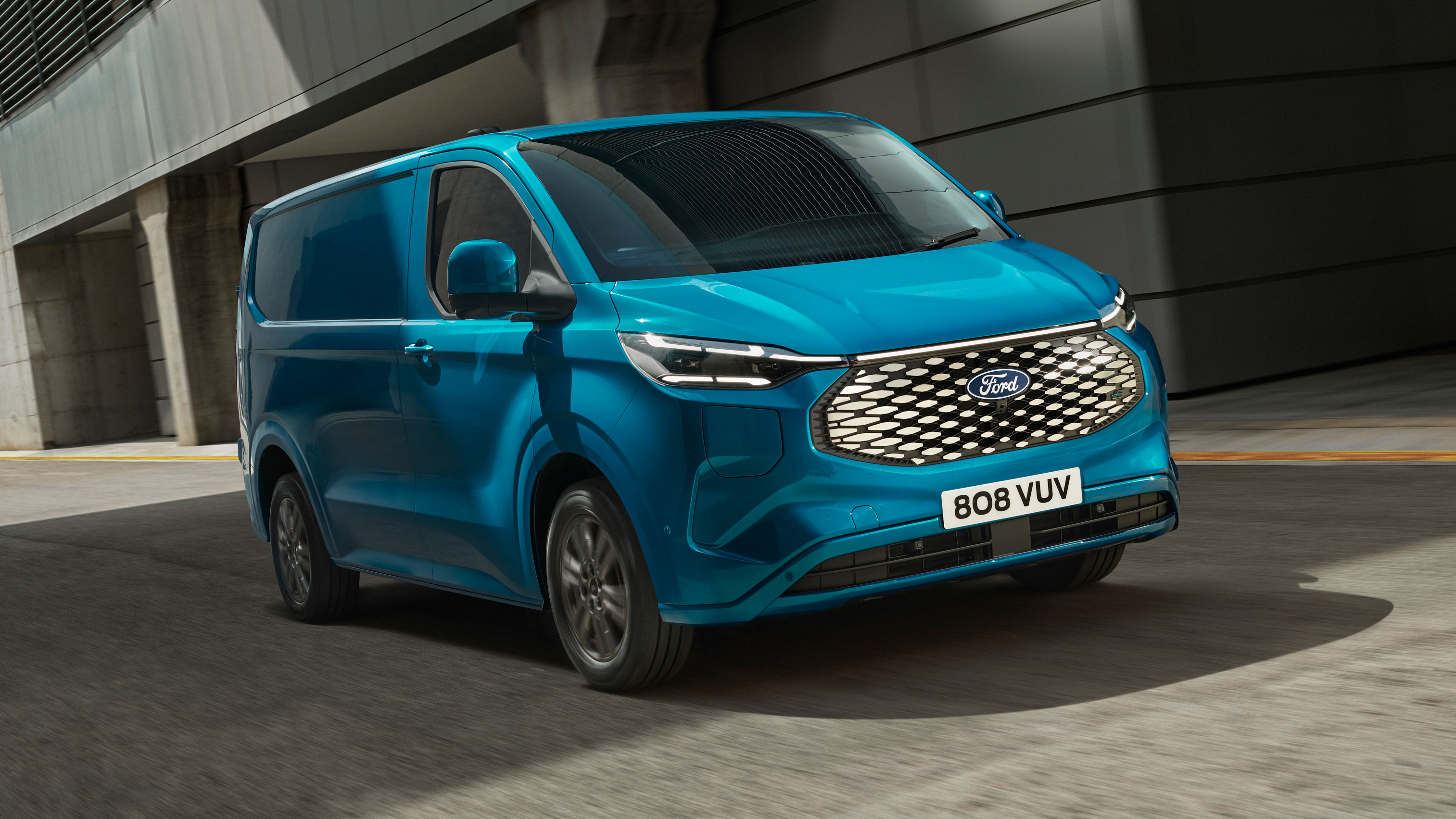
Others meanwhile, such as Nissan, are playing their cards closer to their chest – waiting to see what changes are made before revealing their hands.
“Nissan welcomes all commitments to the adoption of electric vehicles, but until there is legislation introduced we can’t comment on any policy,” a company statement read.
A number of countries have already committed to compulsory emissions targets, with the United Kingdom set to ban the sale of new internal combustion engined-vehicles from 2030 and the European Union set to do the same by 2035.
Local industry lobby group the Federal Chamber of Automotive Industries has long been a supporter of federally-mandated emissions reductions targets for vehicles, with CEO Tony Weber saying manufacturers will meet the targets set by Government to sell cleaner vehicles in Australia.
“The Australian public has made it clear that tackling climate change and reducing emissions is a primary concern,” said Weber. “As an industry, we are ready to work with the new Federal Government to transition industry’s voluntary CO2 scheme to a federally-mandated one.
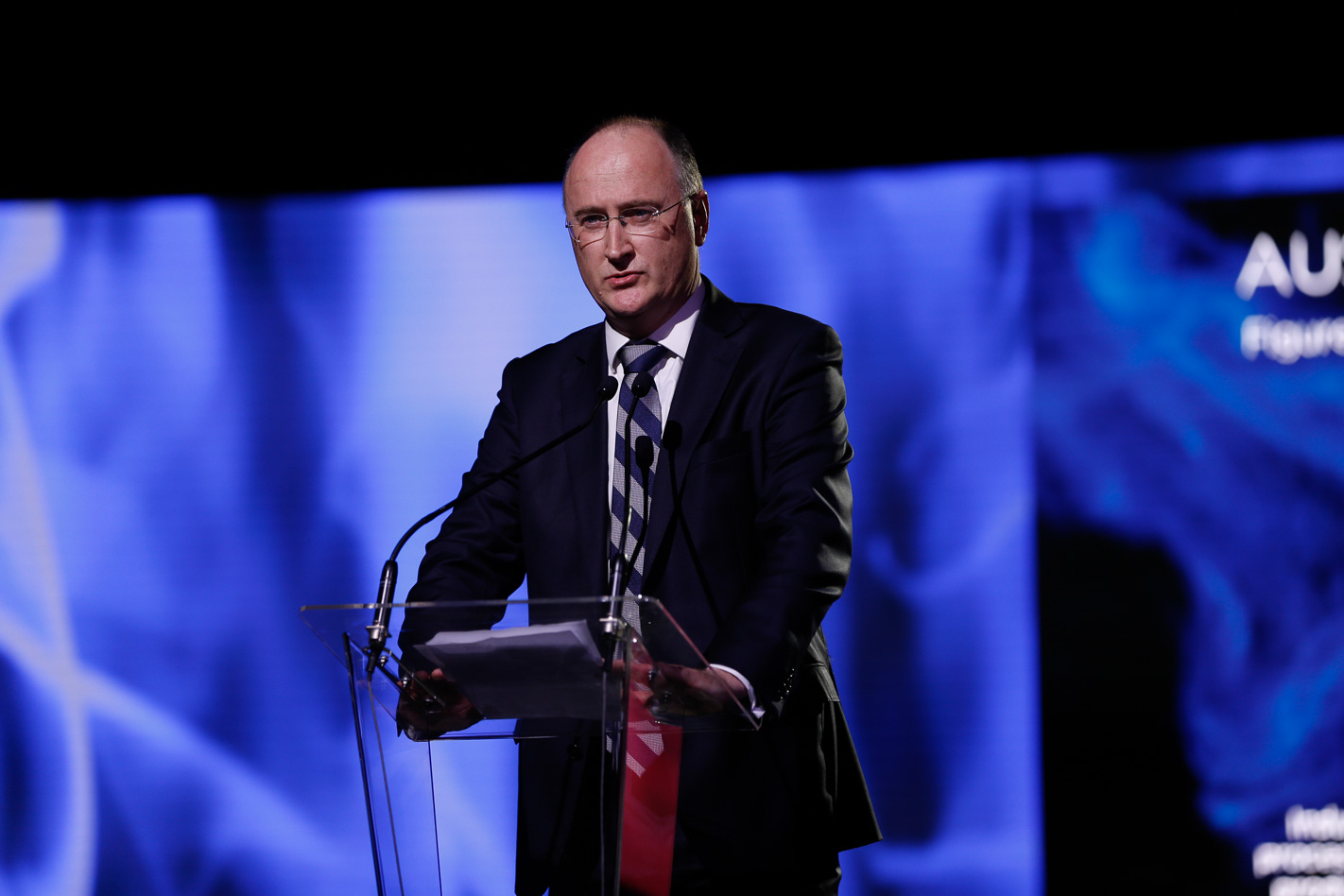
“Our members are bringing low emission technologies to market that – encompassing internal combustion, hydrogen, hybrid and full battery-electric systems. All of these technologies will play a role in our short-medium term journey towards zero emissions and full electrification.
“Our message to Government is simple. Give us the target; we will give you the technology.”
In 2020, the FCAI introduced a voluntary emissions reporting scheme for the industry, with manufacturers each set individual targets, as well as overall ones for light SUVs and heavy SUVs/light commercial vehicles. However, in both 2020 and 2021 most carmakers did not meet said goals – only 12 out of 39 hit the 150g CO2/km target in the first category and nine achieved the 190g milestone in the latter.
The idea behind the scheme is to achieve the equivalent of a Euro 6 standard for emissions, but Australia is held back by our poor quality fuel, among other things. The 2030, rather than annual, goalpost set by the FCAI is there to allow the two remaining local refineries to get to 10 parts per million sulphur in our fuel by 2027 and to fit in with the lifecycles of models in our market.
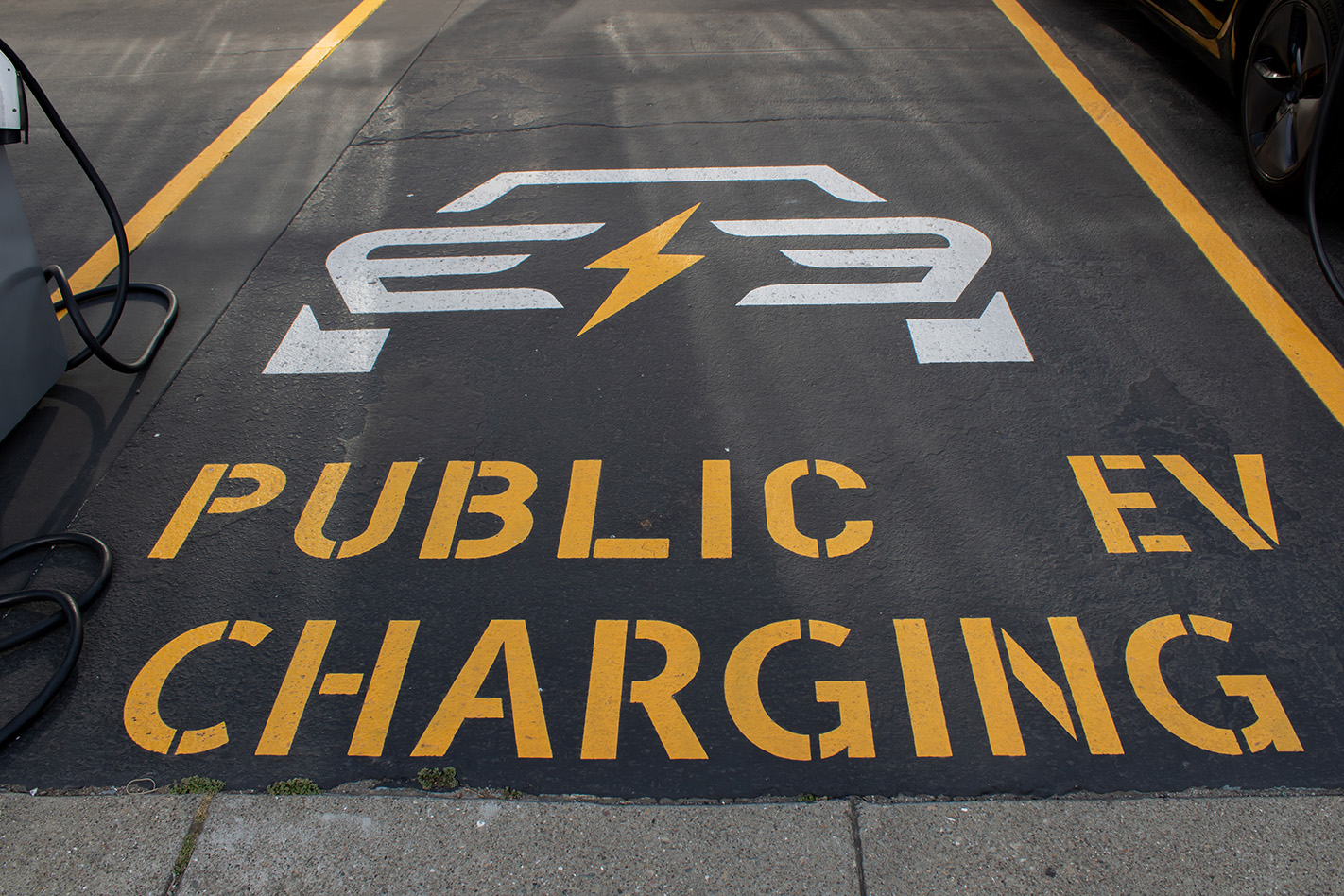
In contrast, Europe is set to adopt Euro 7 by 2025. According to the FCAI, it is based on “internationally mandated practices” such as found in Europe and the US, but adapted for the “unique characteristics of the Australian market”.
The FCAI standard is in line with the European Environment Agency’s, whereby carmakers are given credits to hit targets for reduction measures such as; introducing EVs, using safer air conditioning and adding fuel-saving tech such as stop/start, high efficiency headlights, solar panels, active aerodynamic improvements etc.
However, the results so far, and the fact there are no penalties for missing targets, have led some to criticise the self-reporting system, with one source telling Wheels the method based on a sales-weighted average and mass per unit sold isn’t presenting consumers with the best picture of what our country’s emissions truly are.
Furthermore, they claim it is a concern that FCAI does not provide the National Transport Commission (NTC) with some of its information, with the statutory body only able to re-report FCAI’s adjusted figures.
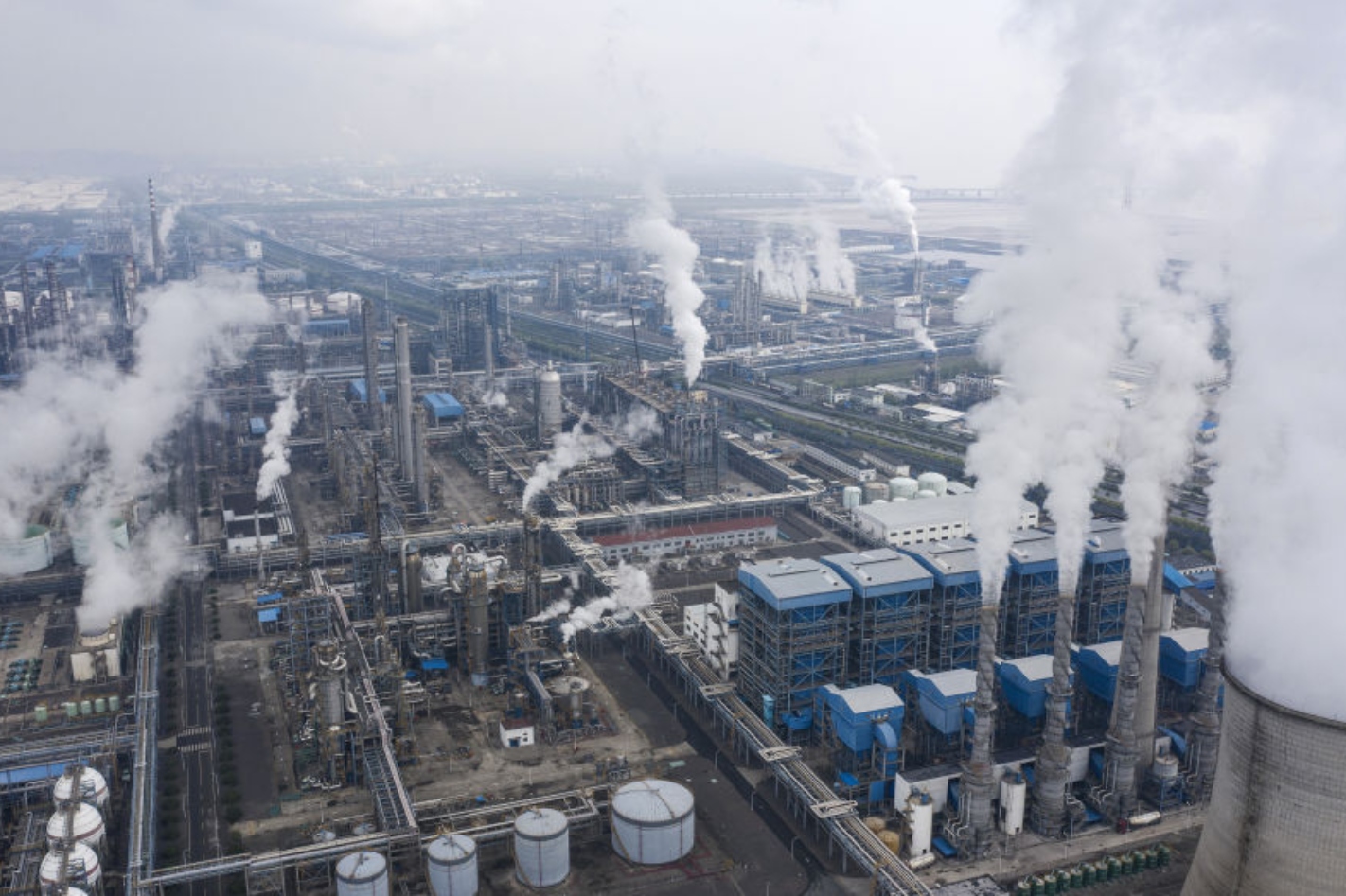
“FCAI is responsible for handling it – but we shouldn’t be letting everybody self-report. Because they [the NTC] can’t get the credits and super credits data from FCAI, they are working on an alternative, but developing another system will take years.
“This may have a benefit in the long run that they [the NTC] can also report on emissions for all cars on the road, not just new sales, but it’s something they’ve now had to start the process of because of the hole that exists in their data – and it will be a significant task to get through.
“In fairness, FCAI is clear about how it has come up with the numbers, it just makes it look like the emissions are better than they actually are. It’s not an accurate representation of how Australia’s CO2 is performing.”
Defending the FCAI’s efforts, Chief Executive Tony Weber told us: “The NTC’s system was 20 years’ old, we’ve just updated it to make it more modern and in line with international best practice – it’s more rigorous. For 2020 and 2021 we gave them the raw data, but not the credits or super credits, that’s what they wanted and that’s what they got. We recognise what we’re doing is sub-optimal, but really the Government should be doing this.”
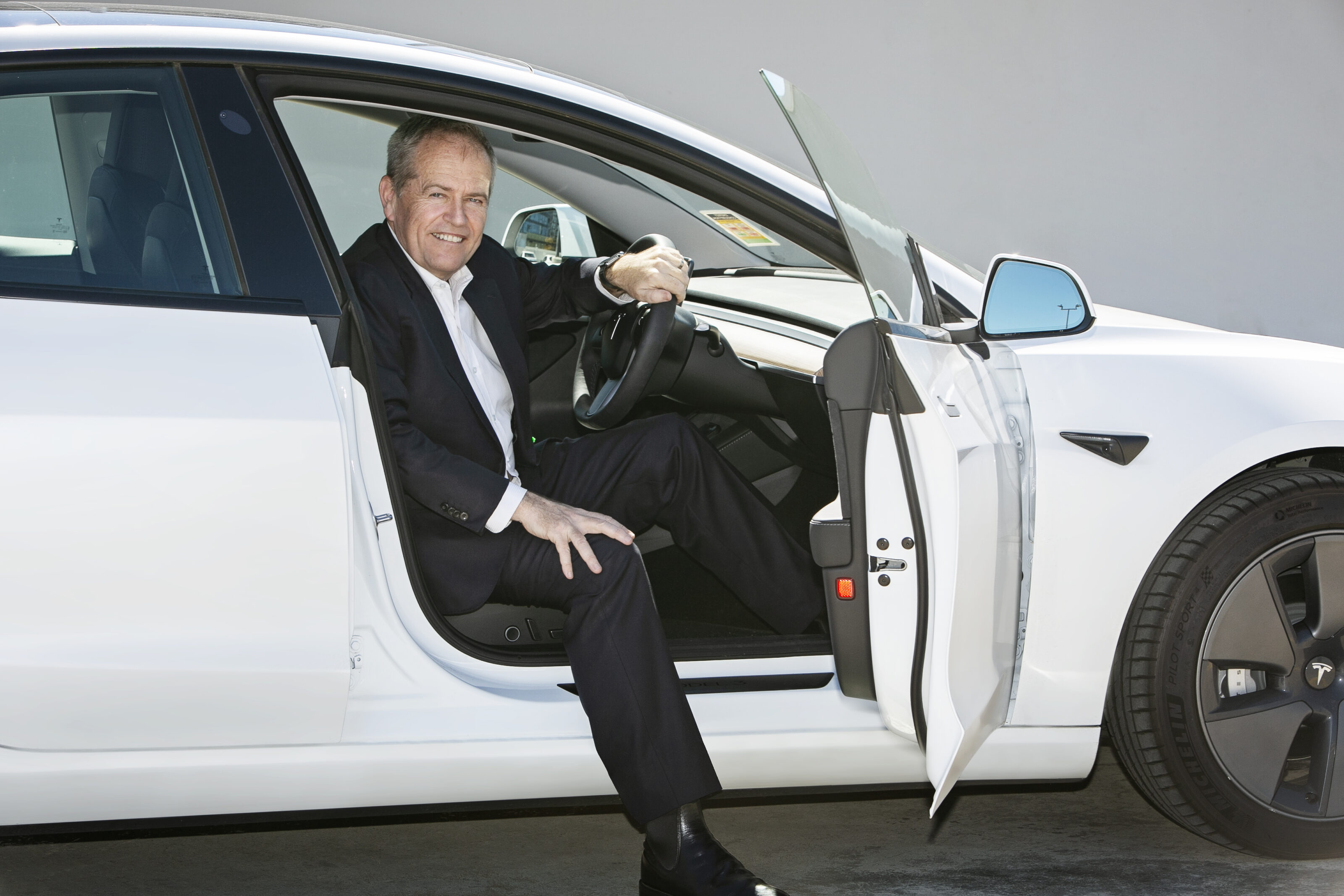
As part of its Powering Australia plan, the ALP has also promised this would result in 3.8 million EVs ending up on Australian roads by 2030 and it would commit to reducing carbon emissions by 43 per cent by the same time.
While its EV target could be ambitious due to official figures showing just 17,243 examples of new fully-electric vehicles were sold last year, Labor plans to support the expected up-take with a number of key infrastructure upgrades – claiming it will install chargers every 150 kilometres on major roads around the country.
At the last Federal Election in 2019, then-ALP leader Bill Shorten wanted half of Australia’s new-car sales in 2030 to come from EVs.
This might have been a lofty ambition at the time, given EVs accounted for just 1352 of Australia’s new car sales in 2018, and Labor’s electric dreams weren’t helped by now-former Prime Minister Scott Morrison saying that EVs would “end the weekend”.
We recommend
-
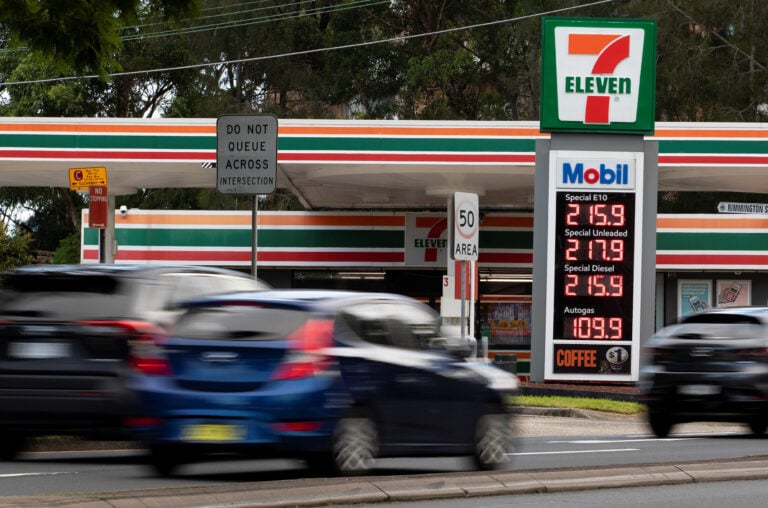 News
NewsLabor won't extend fuel excise cut
The new Government says there are other ways to ease the cost of living
-
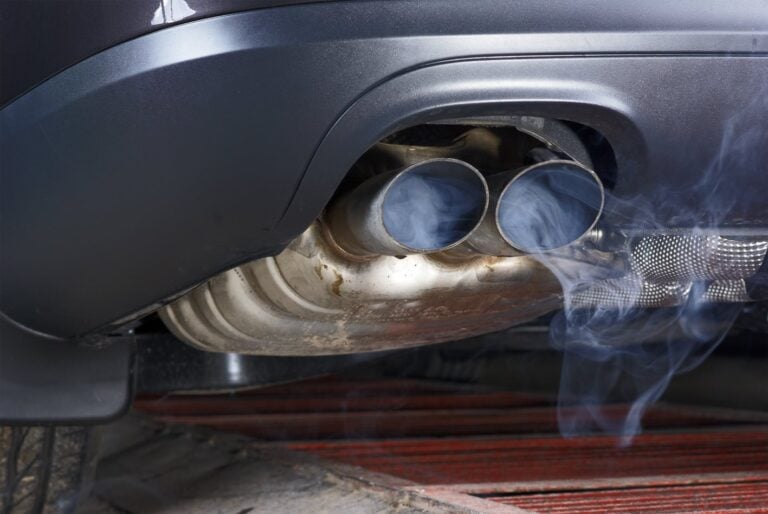 News
NewsLabor election promise: 'We'll slash emissions by 43 per cent by 2030'
Labor has gone further than the Coalition, which made its own announcement in October
-
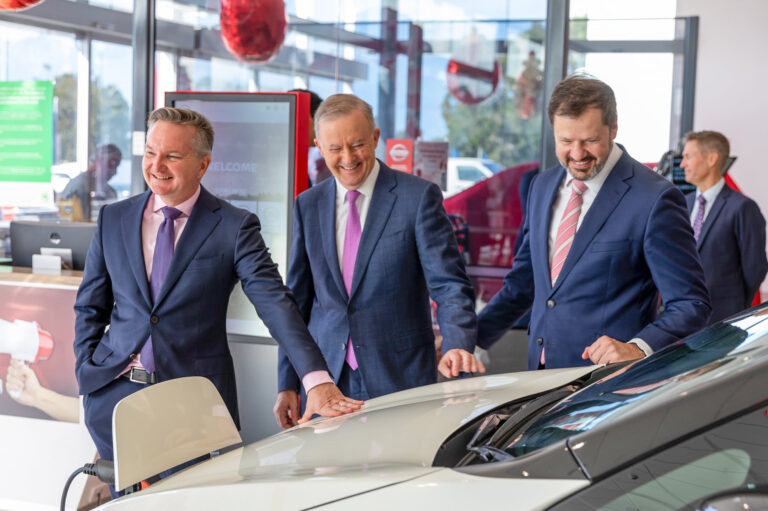 News
NewsWhat does a new Labor Government mean for EVs?
The climate-focused Labor Government says it will be putting electric vehicle adoption at the head of its charge


